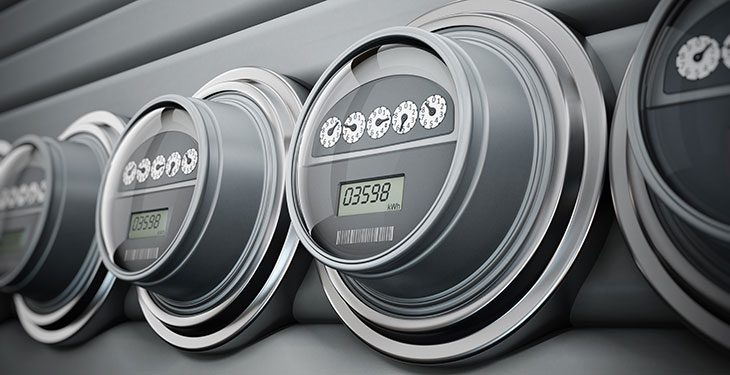The energy consumption of a kitchen with common equipment represents 30% of the total energy we consume at home. And the proportion can be even higher if, for example, an electric boiler or instant water heater is used for hot water, say E.ON Energie Romania representatives.
“There are some small habits that can “tame” the consumption of appliances and that can bring you an annual saving of at least 170 kWh, applying a few simple measures.
The electric stove and oven occupy the first two places in the list of appliances that consume the most, about 445 kWh per year. Our recommendations are:
- Always choose the right pot for the size of the cooking area;
- Always use a cover and save 60 kWh per year;
- Use circulating air function, save more than 20 percent energy compared to top and bottom heating and preheating function;
- Use the waste heat of the oven when possible. If you also avoid preheating, you can save 60 kWh per year;
- Remove trays that are not needed, they use energy for nothing, because they need to be heated;
- Note that for heating small amounts of food, the microwave oven is more efficient. But for amounts above 250 mg/ml, the stove and oven are more economical than the microwave.
An example: Germany’s Federal Ministry for Economic Affairs and Climate Protection has calculated that if you cook potatoes in an uncovered pot with plenty of water on a glass/ceramic electric hob, you will need about 0.5 kWh. If you use a pot with a lid instead, the consumption drops in half – that is, only around 0.25 kWh.
The refrigerator and freezer are the 3rd and 4th largest energy consumers in the household, with a consumption of about 330 kWh, respectively 415 kWh/year. The reason: it needs to work continuously. So, to consume less:
- Avoid placing the refrigerator in a warm place;
- Check the temperature, most appliances are set to temperatures that are too low: 7 degrees in the refrigerator and -18 degrees in the freezer are enough;
- Open the freezer door as little time as possible;
- The refrigerator is the best choice for defrosting frozen food: frozen food reduces the energy required for cooling;
- If the fridge or freezer does not have an automatic defrost, it is advisable to defrost it periodically, this saves 25 kWh per year. Note that if the refrigerator has only five millimeters of ice, the energy consumption of the appliance increases by about 30 percent1.
The dishwasher takes the 5th place in the list, with a consumption of approx. 245 kWh/year, but it must be said that it is still more efficient than manual washing, because it uses up to 30% less water. Our recommendations are:
- Always load the machine completely and do not pre-wash the dishes;
- Use the Eco program, here the water is heated to a maximum of 50 degrees.
Importantly, if you need to change your kitchen appliances, consider that you will be using them for many years and it is worth investing in the most energy efficient appliances to make substantial savings in the long term.
And finally, pay attention to how you light your kitchen. Light worktops not floors, use downlights and built-in LEDs so you only light the areas you need.”
